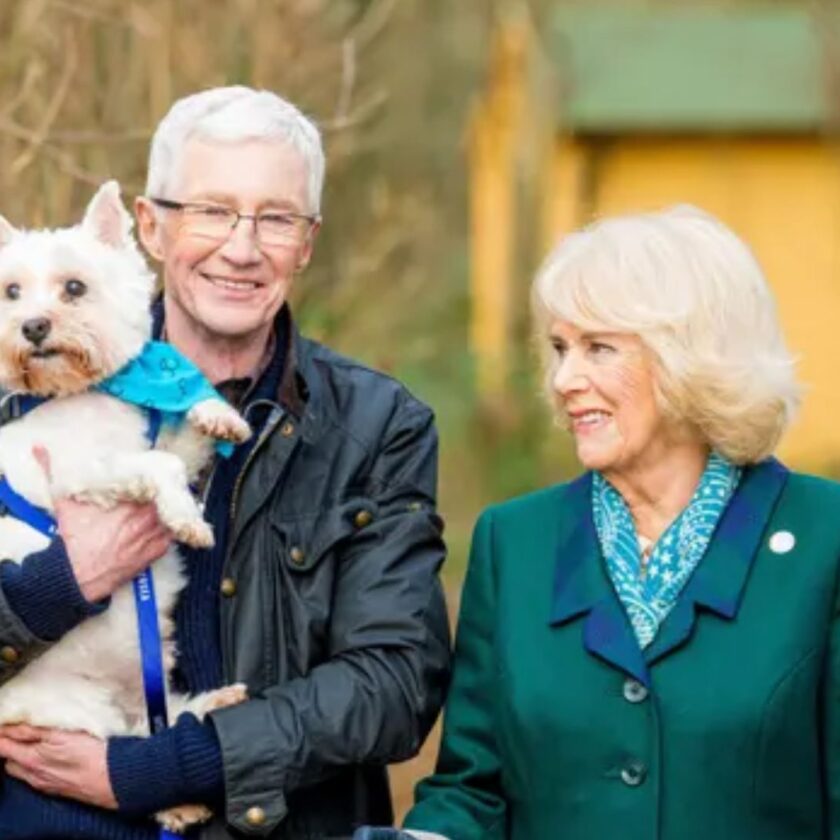To become excited about what you’re doing, you want to realize why you’re making it happen.
Appear to be legit. The purpose of what we depend on is something we frequently disregard, particularly about work.
If you’re feeling exhausted and blah about your work, this may be why, and sorting out your purpose may be the fix.
This doesn’t have any significant bearing on really terrible positions. There’s an exceptionally huge contrast between totally fearing going to work consistently and simply feeling a piece. If your occupation is causing you wretchedness and burnout, attempting to observe a more profound significance is probably not going to figure things out.
However, for your ordinary Sunday scaries, contemplating your purpose can be a convenient activity.
‘I accept that purpose is essentially connected to carrying on with a kind life, and that it applies both to people and associations,’ Eudora Pascall.
‘As per most word references, purpose signifies: “The justification for which something is done or made or for which something exists”. Many organizations and people utilize the words mission or vision for my idea of purpose; however, in my view, the key has a superseding purpose/mission/vision that drives all that you do.
‘A ton of clients come to me because their lives need importance. They say that they feel void inside and are looking for something outwardly. They feel troubled and lost, and my responsibility is to help them find or rediscover their life purpose.
‘I consider the purpose of being substantially more than an expert way: It’s an abrogating proclamation that addresses and affects all your life, including how you appear at work, how you are with your family, your companions, yourself and, surprisingly, complete outsiders.
‘Purpose is your “why”. It summarizes what’s behind what your identity is and what you do. It’s the explanation you get up in the first part of the day and what moves you along when you want to surrender.
‘Having an unmistakable purpose assists you with slicing through the disarray and choose where to concentrate your energy. It can likewise fortify your determination and backing you in accomplishing your fantasies.’
That all sounds great to us.
So how would we track down our purpose?
Eudora figures everything unquestionably revolves around paying attention to your inward voice and reconnecting with what truly makes you tick.
According to part of this, she is distinguishing your ‘centre injuries’.
‘We tumble down and hurt ourselves ordinarily in our lives,’ she makes sense of. ‘We can imagine we never fell, yet the scars will, in any case, be there to tell the story.
‘We want to handle the feelings connected to involvement with a request to push ahead. If we don’t, these natural feelings will spill out of the blue or need them to. This is the idea of a centre injury.
‘One of my centre injuries was made when my dad passed on. I had nobody to grieve with and felt incredibly alone. I needed to remain in agony and endure for quite a while because it was the main way I could remain associated with my dad.
‘Gradually, over the long haul, I went through the torment and tracked down a better approach for being with my dad in my heart.
‘Thus, I have tracked down my solidarity, power and purpose.
‘The excruciating encounters of my life have molded who I am today and the way that I appear as a companion, mother, accomplice, mentor and sister. The manner in which we answer the aggravation and trouble of our center injuries can interface us to our actual calling.’
It sounds a piece weighty, yet have a contemplate these enormous, profound minutes in your day to day existence that have formed your identity and what you care about.
It’s tied in with calculating your basic beliefs – then, at that point, figuring out how to cause the work you to do to line up with them.
One more method for finding your purpose is working out what places you in a ‘stream state’.
‘Being “in-stream” signifies you’re participating in an activity that you love, and you become so retained in the thing you’re doing that you forget about time,’ Eudora makes sense of. ‘You become one with that action and everything around you.
‘The idea has existed for many years; however, Mihaly Csikszentmihalyi advocated it. He noticed performers in a symphony and asked: “For what reason are they cheerful?” He observed that they were doing what they adored, with a definite purpose, and presumed that joy = purpose + stream.
‘Associating with your innovative stream can deliver unprecedented outcomes. My imagination courses through me into what I’m making – whether it’s a weaved jumper, a sewn scarf, a piece of composing or the work I’m doing with a client.
‘At the point when I’m in this stream, I feel astonishing. Stresses and instabilities liquefy away. Maybe I get far removed and let something far more prominent than me communicate its thoughts.
‘Assuming we’re urged to encounter and experience our purpose, we develop into the best of ourselves.’
Observing your purpose doesn’t need to mean finding the importance of life or offering fantastic expressions about how you need to change the world (albeit that is perfect, as well).
It tends to be all around as straightforward as working out what you’re perfect at, what makes your heart sing, and then, at that point, doing that.
Then, at that point, to become excited about work once more, it’s tied in with figuring out how your occupation can play into that.
So perhaps you’re in a stream state while you’re getting inventive – how might you carry greater imagination to your day to day work? Maybe your purpose is associating with individuals – so you’d zero in on the social part of your job.
Contemplate your ‘why’ and pursue it.




